Silly geese are crucial within our daily, schooly lives. No…they are not actual geese, but teens who have become completely ludicrous, walking a thin line between acceptable humor and complete insanity. And as middle schoolers, we tend to have a knack for a certain absurdity that’s required to be classified as a silly goose.
Chances are, you’ve met a silly goose before, or perhaps you are one yourself. But what makes a silly person, well, silly?
“We’re really alpha sigma,” says Anna W, a certified wackadoodle. “We little bakas use cringe in our lives…ohayo onii-chan! Because it’s s-s-something for us to talk about.”
Silly geese are completely bonkers! Normally, cringe and corny humor is seen as a bit disgraceful. It’s a little like when your parents think “sus” is still moderately relevant. But these little goobers are middle school professionals at the art of toe-curling, gut-wrenching, head-spinning humor that, surprisingly, isn’t that bad.
“They’ll do cringe stuff, but with a sense of irony. Like- start Junko posing,” says Jade H.
Junko posing is a prime example of cringe humor. It’s a classic silly-goose move consisting of precise, passionate hand gestures originating from Junko Enoshima, a character from the anime/game, Danganronpa. Junko posing involves switching between four iconic character sprites.
There are other examples of silly geese dialect including anime phrases that you normies just wouldn’t understand!
“Alphas like referencing certain animes like My Hero Academia. We like to use a primary ship, Izuku Midoriya x Bakugou,” says Emily Z., a certified silly billy.
Yes, you wanna-be sigmas, silly gooses (proper grammar would be considered silly) aren’t actually total weirdos. The rise of anime in Western culture has inspired our alphas to wake up from hibernation. Using terms such as baka, senpai, onii-chan, sugoi, kawaii, and nani, indicate that silly people go to the extreme of creating a unique language in order to make people react (in a good way).
However, the philosophy of anime isn’t the only thing that dominates silly humor. It’s fundamental to Gen-alpha.
“‘You’re so skibidi’ is supposed to be awesome. If someone gets a 100% on a test, I’ll be like, ‘You’re so skibidi!’ and they’ll be like, ‘Thank you!’” says Cambria E.
Being silly and saying these sick words is exactly what a silly goose is. Don’t listen to your critics, listen to the voices! Like the voices that told us to write this article! Just like pink fluffy unicorns dancing on rainbows, silly geese are beloved by all.
Some people, most likely older generations, would look at silly geese and think, “What the flip?” But with the help of some gen-alpha teachers, these words won’t be confusing any longer!
When you get an achievement or do a good deed, you could be considered skibidi, sigma, or any other positive adjective. These words help the younger generation express friendliness and positivity in a wholesome and funny way. No harm done!
“Funny words can bring people up from their bad days,” says Mauricio P., a fellow 6th grade skallywag.
These words also build momentum in our goofy culture, becoming media trends which affect how people act. When a child is bombarded with innocent slang, it’s likely that slang becomes integrated into their vocabulary. But in response, our official silly geese language simultaneously becomes the target for those who’d accuse our generation of brainrot.
“My little cousins, oh my goodness, they watch skibidi toilet and they’ll be staring at the screen,” says 7th-grade goober, Farhad K. “It’s more intense, like no joke. They’re serious about it.”
While some words that lie on the tip of a teen tongue do have a negative connotation, positive words or phrases offer the opportunity to connect with peers and have awesome, silly fun!
“I love skibidis, I love them! They’re so sigma Ohio rizzler!! I LOVE THEM!!” says Lyra L., an official silly goose devotee.


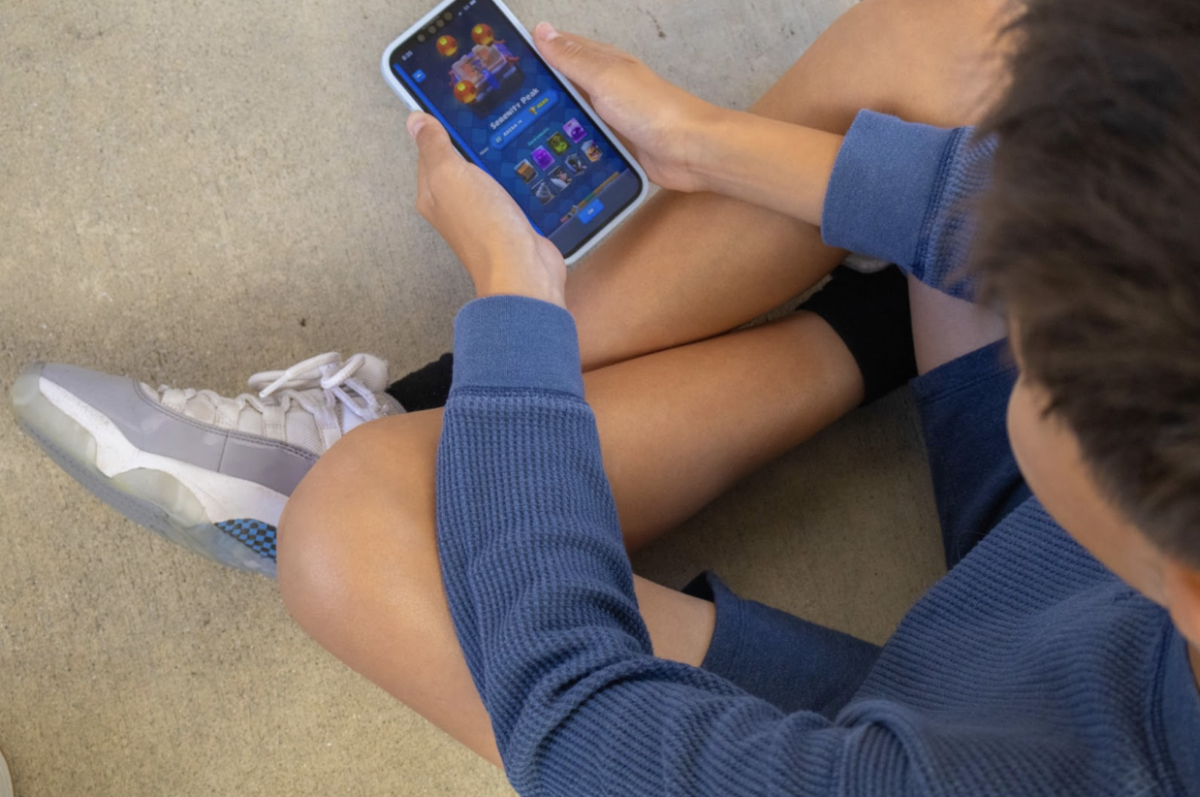
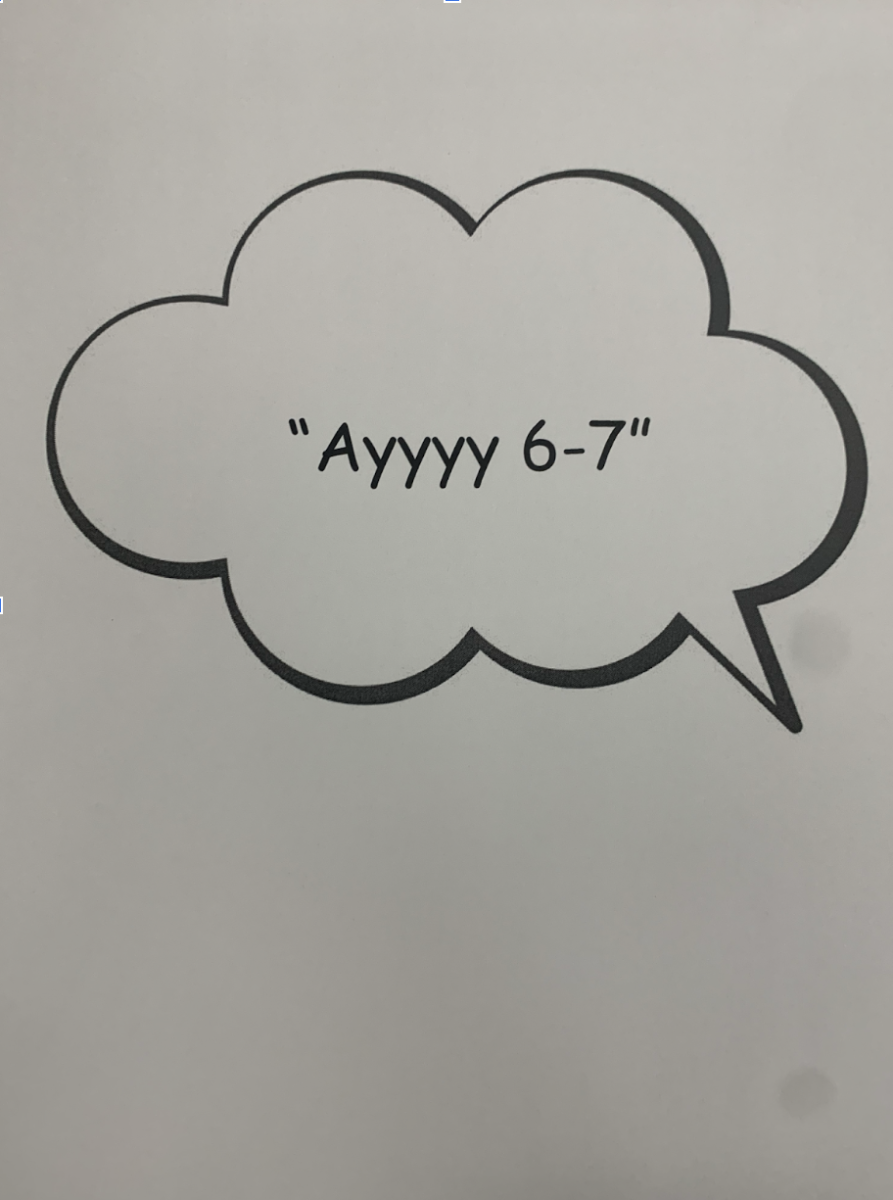
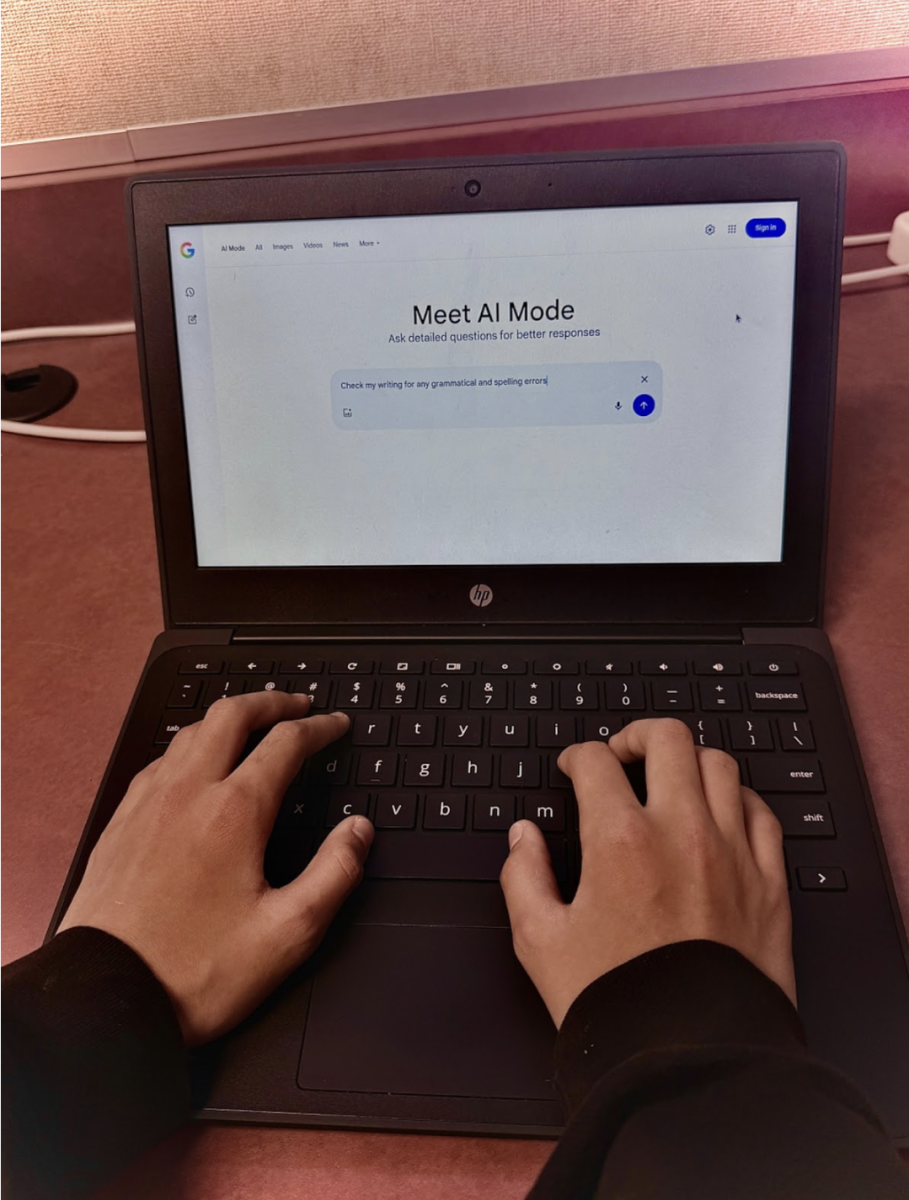

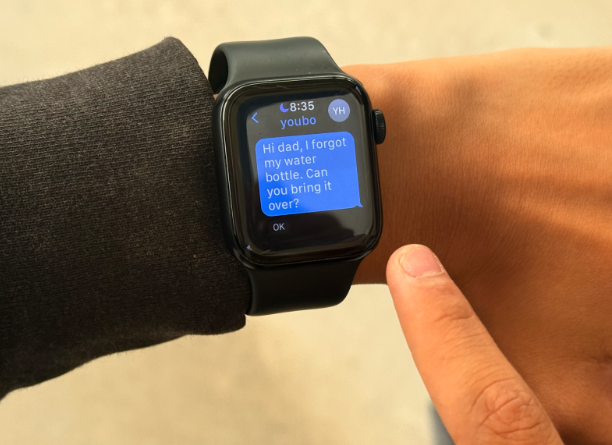
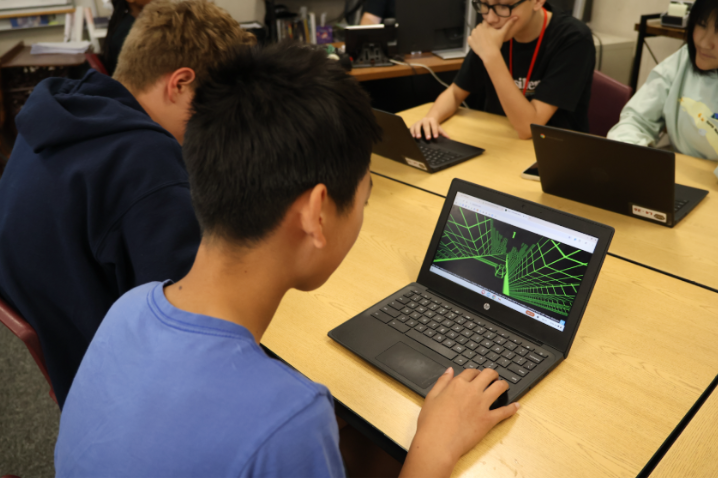
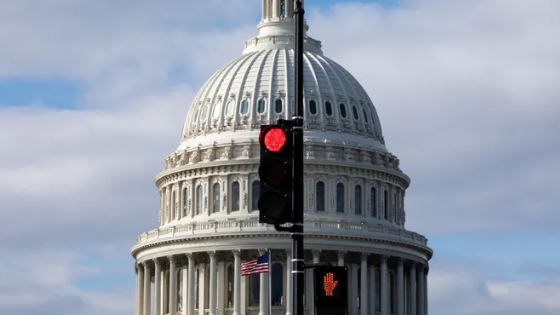

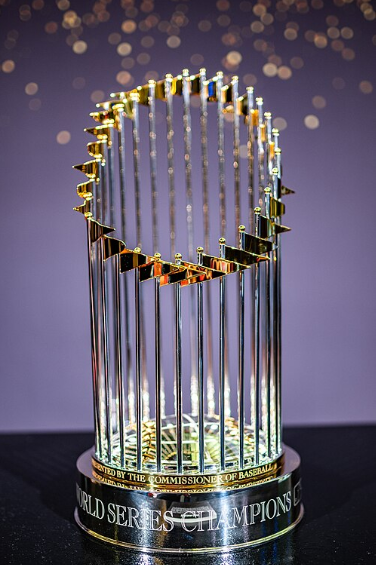
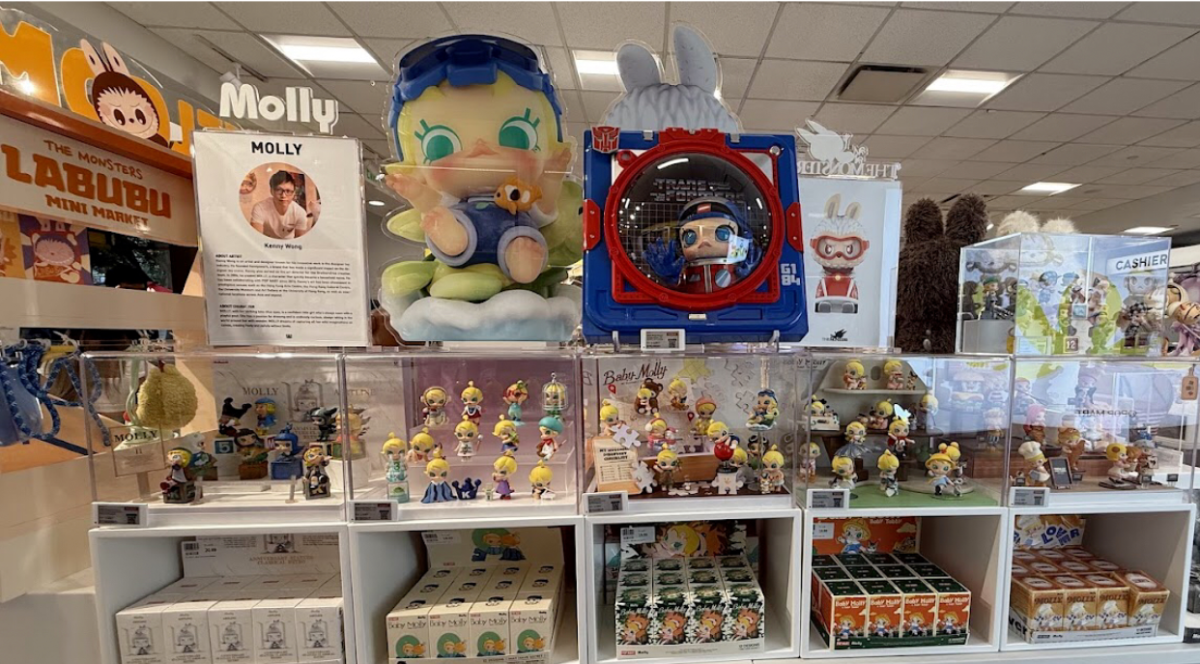
Vannessa • Oct 24, 2024 at 2:56 pm
Have you said skibidi before?
raineydayz • Oct 22, 2024 at 10:15 am
real<3